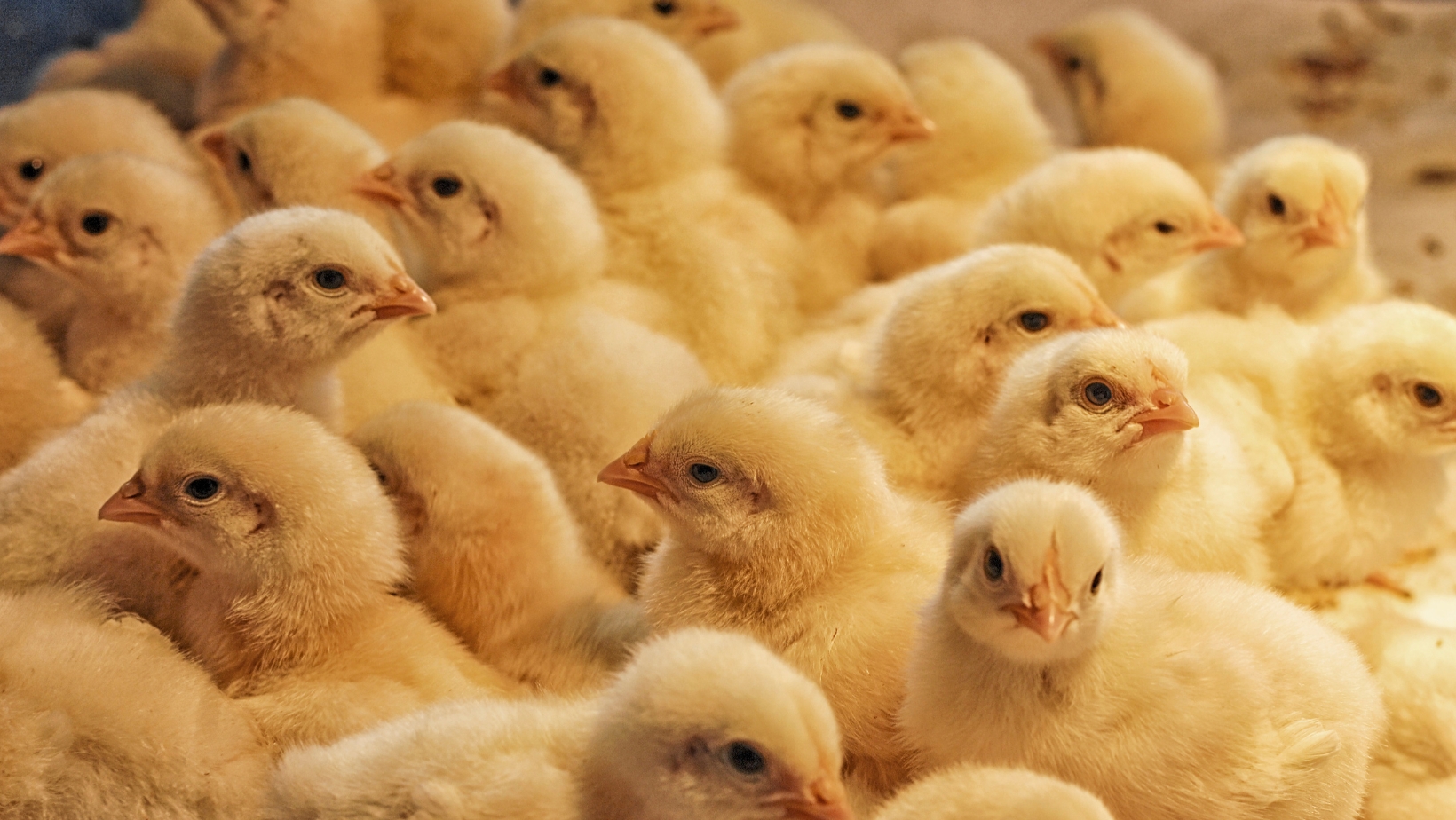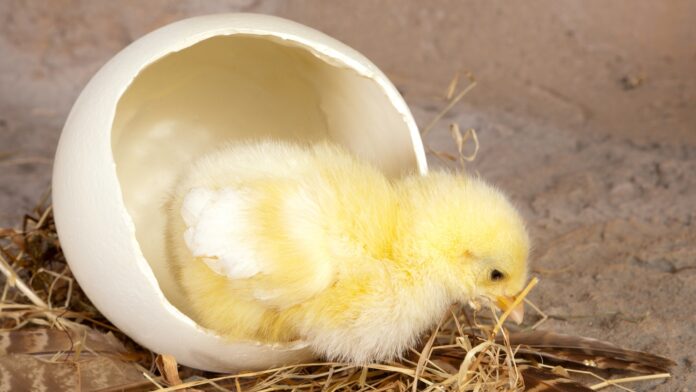After hatching, chicks go through a remarkable transformation as they develop the ability to walk on their own. You might be wondering, “How long does it take a chick to start walking?” Well, the time it takes for a chick to begin walking can vary depending on various factors.
Typically, within hours of hatching, chicks will start attempting to stand and take their first wobbly steps. However, it may take them a day or two before they can confidently walk without stumbling. During this time, they are strengthening their leg muscles and improving their coordination.
It’s important to note that not all chicks progress at the same pace. Factors such as breed, size of the hatchling, and overall health can influence how quickly they become proficient walkers. Additionally, environmental conditions play a role in their development. Chicks raised in an optimal temperature-controlled environment may gain strength and mobility more rapidly compared to those exposed to colder temperatures.
The Incubation Period of Chicken Eggs
Factors Affecting the Incubation Period
When it comes to the incubation period of chicken eggs, several factors can influence how long it takes for a chick to hatch.
- Chicken Breed: Different chicken breeds have varying incubation periods. Generally, most chicken eggs take around 21 days to hatch. However, some breeds may require slightly longer or shorter periods.
- Egg Size: Larger eggs tend to have a longer incubation period compared to smaller ones. This is because larger eggs contain more nutrients and need more time for proper development.
- Environmental Conditions: The temperature and humidity levels in the incubator play a crucial role in determining the duration of egg incubation. Optimal conditions ensure proper embryo development and increase the chances of successful hatching.
The Role of Temperature in Egg Incubation
Temperature plays a vital role during egg incubation as it directly affects embryonic growth and development. Maintaining an appropriate temperature within the incubator is essential for a successful hatch.
- Ideal Temperature: Generally, chicken eggs require an average temperature between 99-101 degrees Fahrenheit (37-38 degrees Celsius) for optimal development throughout the incubation process.
- Temperature Fluctuations: Slight variations in temperature can impact chick development or even result in failed hatches. It’s important to monitor and maintain a consistent temperature throughout the entire incubation period.
- Cooling Periods: Providing brief cooling periods during egg incubation mimics natural conditions when mother hens leave nests temporarily to feed or drink water. These cooling breaks help stimulate healthy embryo growth and prevent overheating within the egg.
How Long Does It Take a Chick to Walk After Hatching
When it comes to the hatching process, one of the most fascinating aspects is witnessing a chick taking its first steps. Many people wonder how long it takes for a chick to start walking after hatching. Let’s delve into this intriguing topic and explore the timeline of a chick’s journey from hatchling to walker.
- Breaking out of the shell:
After spending approximately 21 days inside its egg, a chick begins the hatching process by pecking at the shell using its specially adapted egg tooth. This tiny protuberance helps them crack open their protective enclosure.
- Resting and drying off:
Once free from its shell, the exhausted chick needs some time to rest and gather strength. During this period, it may appear weak and unable to walk as its body adjusts to life outside the egg. The new hatchling relies on absorbing nutrients from the yolk sac attached to its abdomen for nourishment during these initial hours.
- Developing coordination:
As time progresses, usually within 24-48 hours after hatching, you’ll notice that the chick starts exhibiting more mobility and coordination in its movements. It will begin attempting small wobbly steps as it strengthens its leg muscles and develops better balance.
- Steady progress:
Over the next few days, with each passing hour of practice, the newly-hatched chick becomes more confident in its ability to walk steadily on two legs. What initially started as short stumbling strides gradually transforms into purposeful steps.
- Independent exploration:
Around five days after hatching, chicks generally have gained enough confidence and stability in their gait to embark on independent explorations outside their nest or brooder box under supervision.
It’s important to note that every individual chick is unique and may progress at slightly different rates depending on various factors such as breed, health condition, environmental conditions, nutrition provided by their caregivers, etc.

In conclusion,
A chick typically begins to take its first steps within 24-48 hours after hatching. However, it takes time for them to develop coordination and stability in their movements. By around five days old, most chicks are able to walk independently and start exploring their surroundings.


